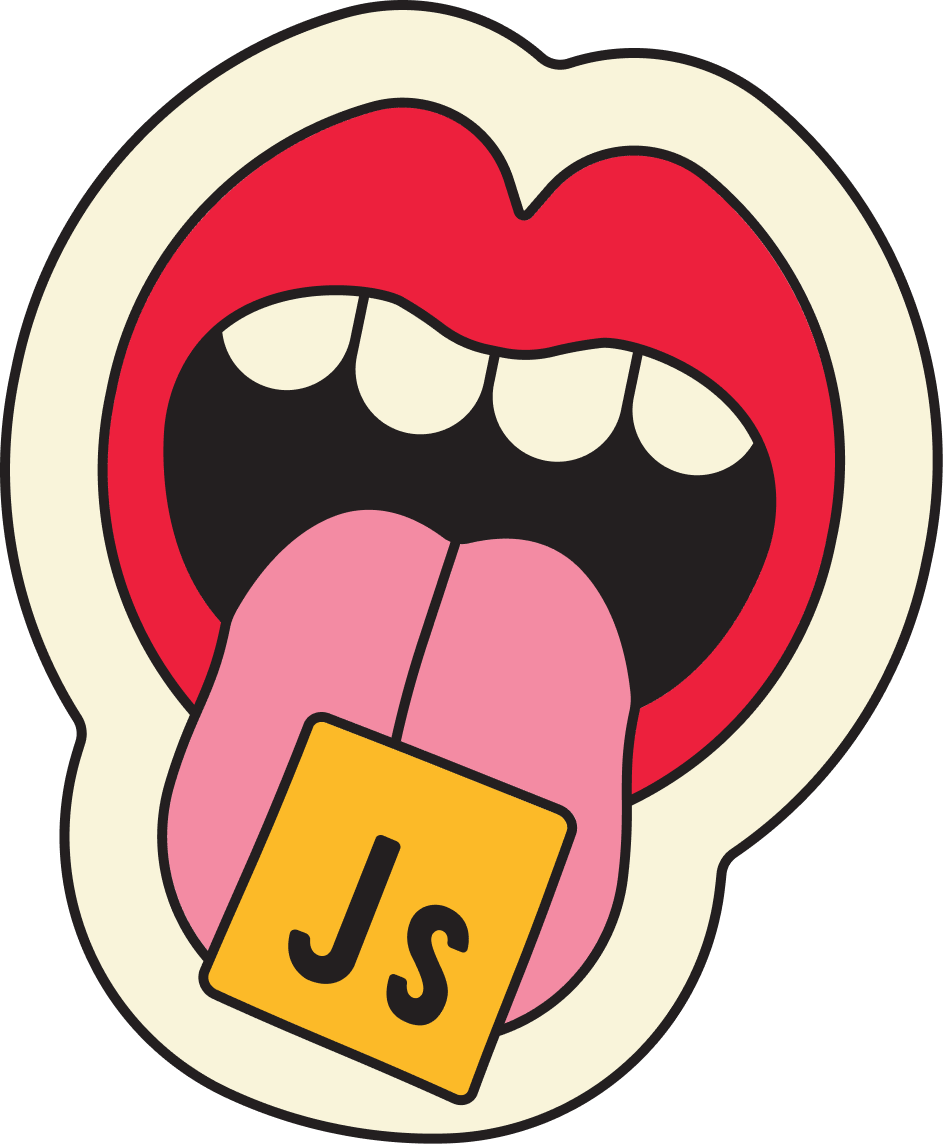Popular Searches
- angular vs react vs vue
- @angular/core vs angular vs react vs vue
- @puppeteer/ng-schematics vs @puppeteer/replay vs puppeteer vs puppeteer-core
- @puppeteer/ng-schematics vs @puppeteer/replay
- react vs vue
- puppeteer vs puppeteer-core
- @puppeteer/replay vs puppeteer vs puppeteer-core
- @angular/core vs react vs vue
- react
- vue
Sick of boring JavaScript newsletters?
Bytes is a JavaScript newsletter you'll actually enjoy reading.
Delivered every Monday, for free.